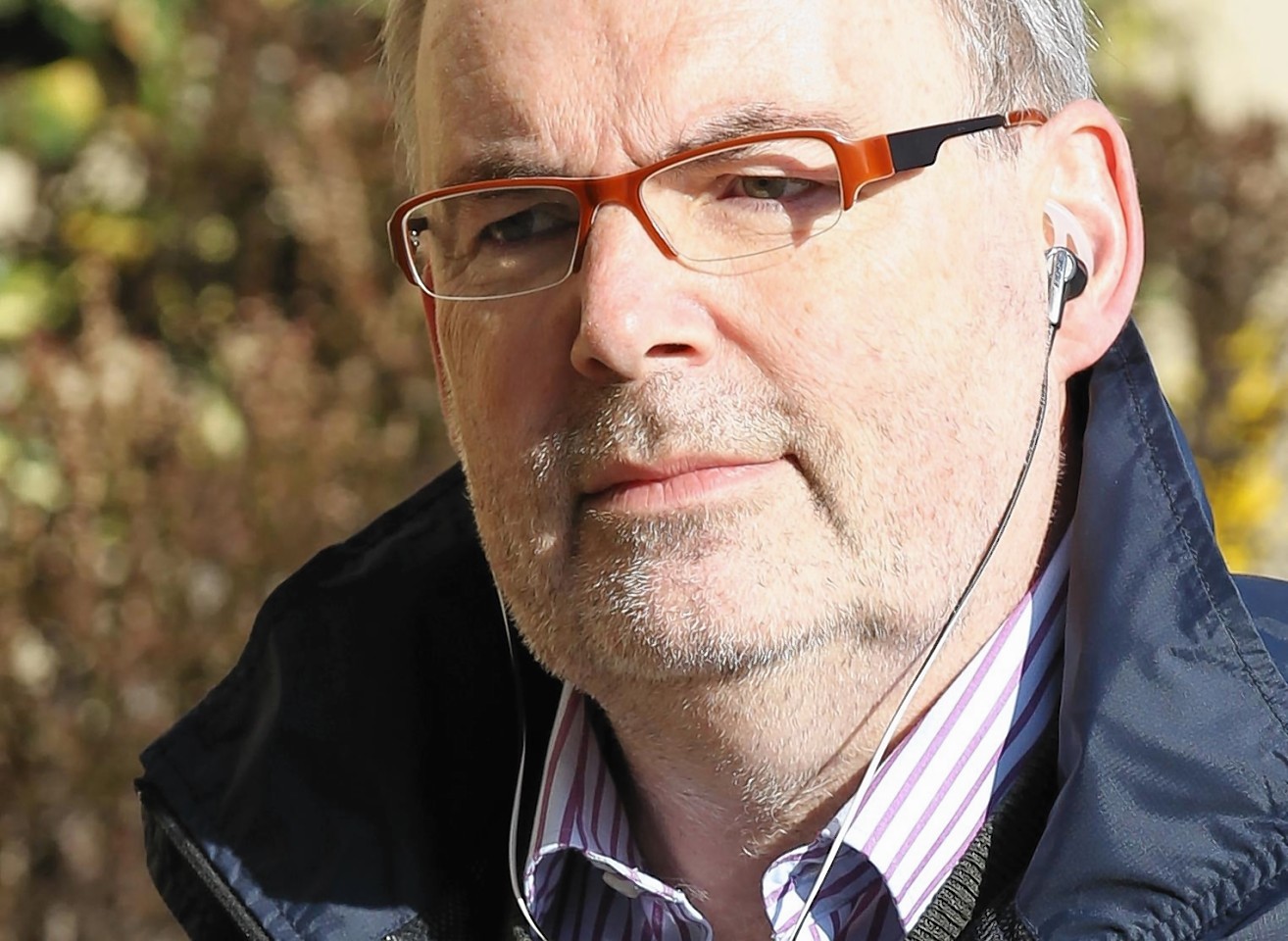Killer Malcolm Webster made it his “life’s work” to make money out of people, his estranged wife has said.
Felicity Drumm was speaking during a radio interview in her native New Zealand, where she also revealed how long it had taken before police in Scotland agreed to investigate the former nurse’s shady past.
Ms Drumm married Webster in 1997, unaware that three years before he had killed his first wife Claire Morris in a fireball crash in Aberdeenshire to cash in on her life insurance.
But even by the time the couple went on their honeymoon, Webster was drugging her and forming a similar ploy to get his hands on her savings, and staged a crash on a busy motorway.
When Ms Drumm’s family confronted him, he fled and eventually returned to Scotland where he set up home with Oban woman Simone Banarjee.
And although police in New Zealand investigated, Ms Drumm said it took “years” for their counterparts in Scotland – who had ruled the crash that killed Ms Morris was an accident – to take action.
Ms Drumm said: “To be fair to the New Zealand police, we had the most fantastic detective on the case from its beginning.
“He was supportive and behind my family right from the start and did his utmost over years, many years, to try and get the Scottish police to act on this.”
It was only after Ms Drumm’s sister spoke with a senior officer during a visit to England that the case was eventually reopened in 2008, leading to Webster finally being found guilty of murder, attempted murder, attempted bigamy and a string of fraud and fire-raising charges in 2011. He was jailed for life, with a minimum of 30 year sentence.
Detective Chief Superintendent Phil Chapman, who led the reinvestigation into Ms Morris’s crash, previously admitted the then Grampian force had got it wrong, but insisted officers had done all they could at the time.
Ms Drumm was speaking after ITV drama the Black Widower, based on Webster’s crimes, aired in New Zealand.
She said Reece Shearsmith, who played Webster, portrayed him as a creepy individual, when in fact he had been “very extrovert, likeable, funny and amusing”.
She added: “This was how he made his living, preying and living on the money of other people. He made it his life’s work and he became very good at it.”
